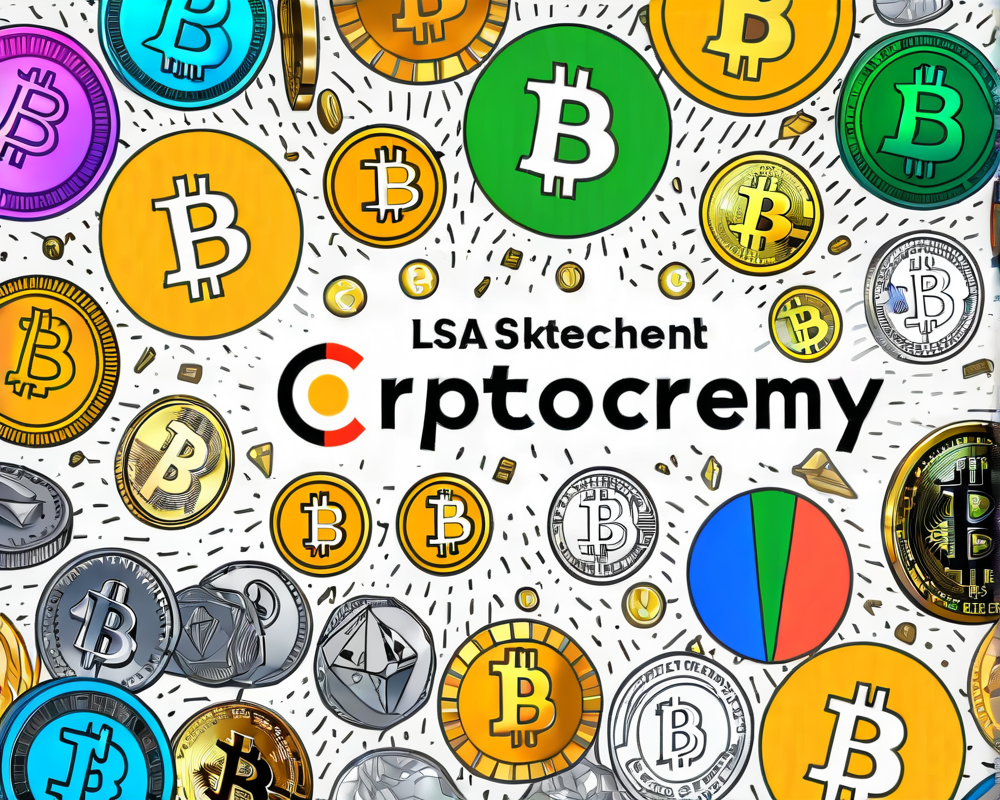A Year of Suspensions and Penalties
The United States Securities and Exchange Commission (SEC) has had quite the year in 2019—271 issuers were told to take a timeout from trading, just shy of last year’s 280. If only I could get that kind of ban on Mondays! This action included a few digital assets that promised the moon but ultimately left investors with only dirt.
Asset Freezes on the Rise
This year saw the SEC secure 31 court-ordered asset freezes, up from 26 in 2018. Why, you ask? Well, apparently some folks just can’t resist the temptation of easy money. One shining example was a Nevada-based company that claimed it partnered with an SEC-qualified custodian—only they were as credible as my buddy who says he’s a “professional” darts player.
The Celeb Showdown: Disclosures and Deals
In a twist that felt like a Rolling Stone headline, the SEC filed charges against two celebrities—DJ Khaled and Floyd Mayweather—for not saying they were getting paid to promote crypto assets. Talk about a scandal—who knew financial transparency was in vogue? The duo must’ve thought they could just put on their sunglasses and ride off into the sunset of unregulated crypto endorsements.
ICO Rating’s Pricey Lesson
Then came the SEC’s smackdown on ICO Rating, an initial coin offering rating site that forgot to mention that there’s no such thing as a free lunch—especially not in crypto! They ended up settling for $268,998 because they thought their paid reviews could fly under the radar. Spoiler alert: They couldn’t.
Disgorgement Galore
The SEC didn’t just stop at suspensions and asset freezes; they also racked up over $4.3 billion in disgorgement and penalties throughout 2019. That’s a jaw-dropping number, but don’t worry; nearly $1.2 billion made its way back to investors who were wronged—like a financial superhero swooping in to save the day, complete with a cape made of compliance.
Message Sent: Compliance is Key
The SEC has made it crystal clear: if your product is a security, you better treat it like one, no matter what you call it. In their eyes, anyone involved in buying, selling, or promoting such products has to follow the rules. The only thing worse than being booted from trading is being booted from the investor protection club!
The Ongoing Battle Against Noncompliance
And it doesn’t stop there! The SEC also went after Reggie Middleton, CEO of blockchain firm Veritaseum, ordering him to pay $8.4 million in disgorgement. That amount isn’t just pocket change but a gentle reminder that fraud doesn’t pay—literally! The SEC alleged that Middleton’s companies masterminded an unregistered ICO that should come with a big red warning label.
Wrapping It Up
As the SEC continues its crusade against unregistered offerings and bad actors in the crypto space, investors are encouraged to stay informed and skeptical. After all, if a deal sounds too good to be true, it probably is, and the next thing you know, you are the joker in someone else’s financial game.




